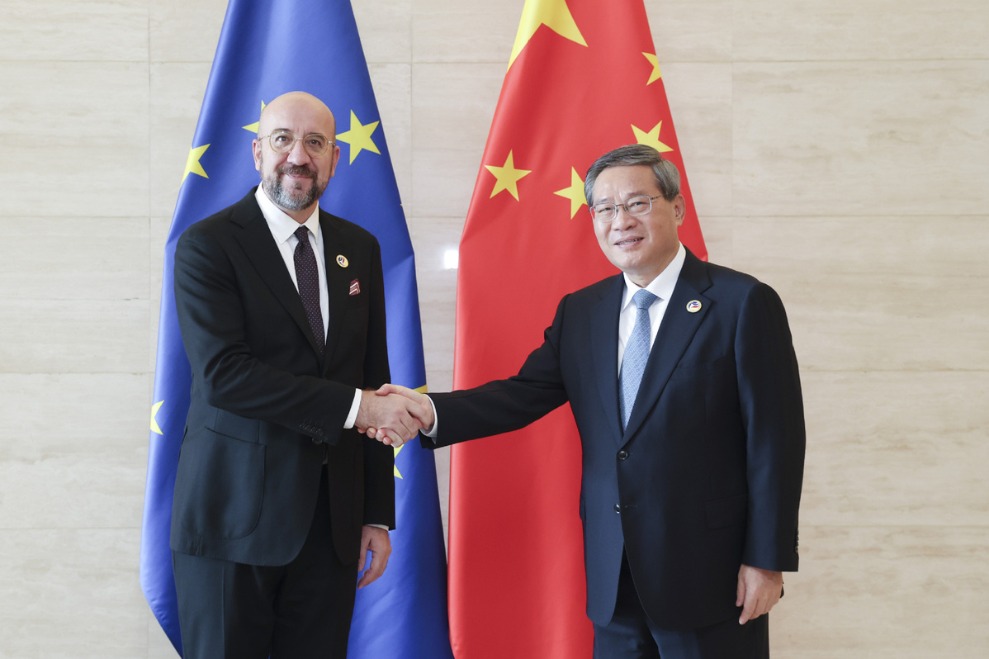UK tech firm committed to expanding in Chinese market


Cambridge Mechatronics Ltd, or CML, a British technology company based in Cambridge, is looking to further tap into the Chinese market, according to a senior executive of the company.
In an exclusive interview with China Daily, Ben Brown, chief technology officer at CML, said the company sees its China business doubling in value over the next three to five years, despite facing uncertainties in the fast-changing global geopolitical landscape and business environment.
"China continues to be an absolute key market for us. China is almost our home territory, and this is what we are used to," he said. "We don't know where things will go in the future, so we always need to make sure whatever plans we put in place are robust to whatever may happen in the future. But on the Chinese side, one of the things we're doing is increasingly putting more of our technology into China."
CML specializes in mechanical, optical, electrical, software, and controller silicon design using its patented shape memory alloy technology, or SMA, which uses special metals that can remember and return to a specific shape when heated.

The technology, commonly applied in smartphone cameras, allows for autofocus and optical image stabilization by enabling precise control of the lens position. The SMA actuator, heated by electricity, can move the lens or image sensor back and forth to adjust the focus.
Operating in China since 2013, CML has established partnerships with major Chinese phone brands, including Huawei, Honor, Xiaomi, and others, integrating its products into their well-known series.
According to Brown, the company has launched a total of 51 products, with 46 designed specifically for Chinese customers. To date, CML has shipped over 75 million units, the vast majority of which were manufactured in China.
When asked about the reasons for further investing in the Chinese market, Brown emphasized that the opportunities presented by its expansive and dynamic environment benefit CML in maintaining steady development.
"The Chinese companies are very happy to experiment with new technologies. It's much more likely that they will try our products like variable aperture or module tilt on their handsets. I think it is also part of the Chinese culture to push the edges of technology and see what's possible. So, from that point of view, it's really good for us," he said.
































